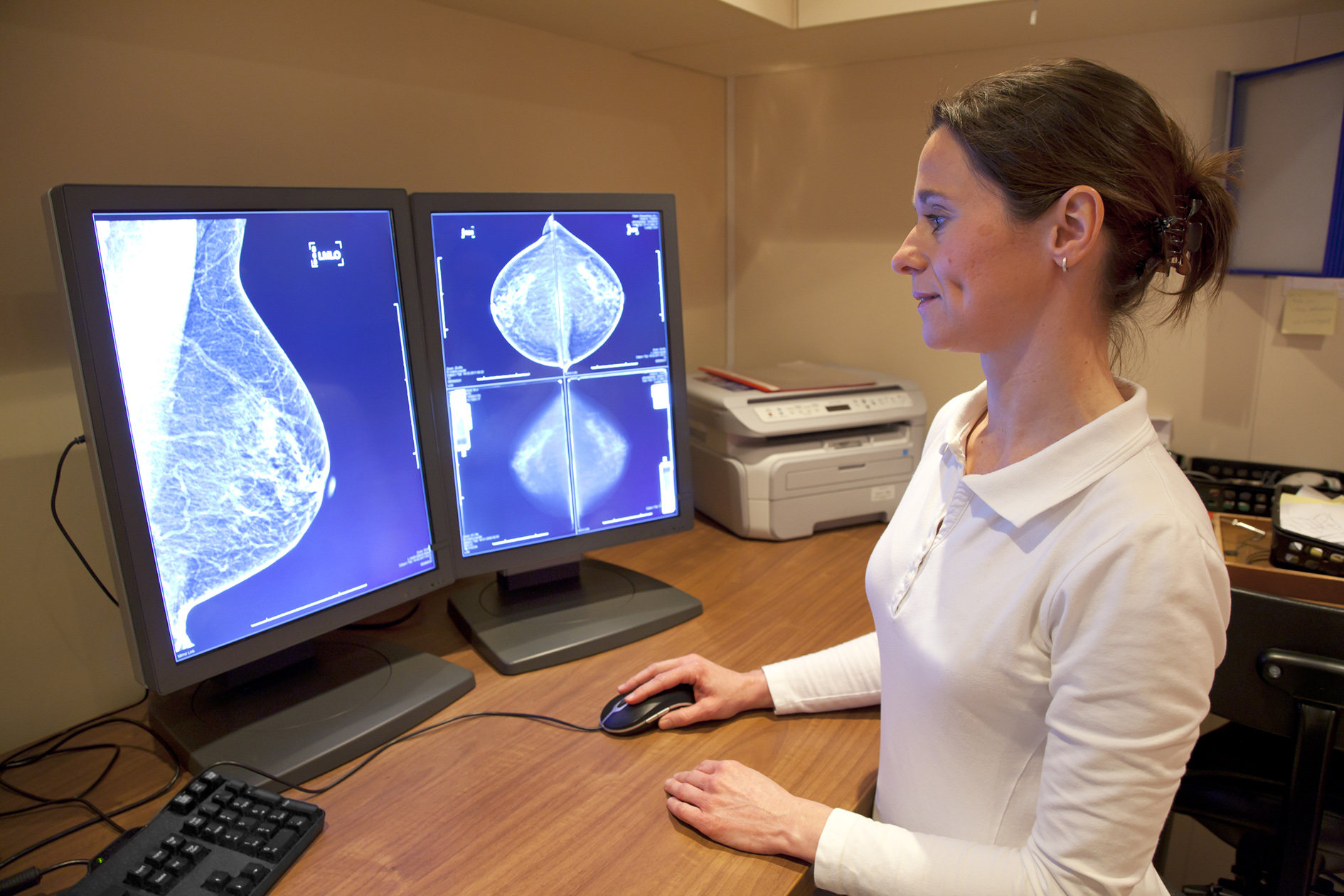NICE backs two new breast cancer drugs for NHS use

Cost-effectiveness watchdog NICE has recommended routine NHS use of two new therapies for women with advanced breast cancer – Gilead's Trodelvy and Novartis' Piqray – in England.
In a statement, the health technology assessment (HTA) organisation said that the two drugs were backed after an agreement with the two developers on pricing that will make them an option for around 3,450 NHS patients.
Trodelvy (sacituzumab govitecan) can be used for unresectable triple-negative breast cancer (TNBC) that can't be treated with surgery, after two or more prior rounds of therapy.
The antibody-drug conjugate (ADC) was turned down by NICE in draft guidance published earlier this year, leading to concerns of a disparity in access to the drug as the Scottish Medicines Consortium (SMC) had already cleared its use.
Breast Cancer Now – which launched a petition to try to get the decision reversed – celebrated what it described as a "landmark victory" but said it now needs "urgent confirmation" as to when Trodelvy will be routinely available to patients in Wales and Northern Ireland.
"We must, however, recognise the unacceptably difficult journey to get to this point for those affected; ten agonising months since Trodelvy was licensed by the MHRA," said the patient organisation's chief executive Baroness Delyth Morgan.
"We'll continue to demand more for people affected by breast cancer, working with the Government, NHS England, NICE and pharmaceutical companies to ensure new, clinically effective treatments reach patients as quickly as possible, at a fair price for the NHS," she added.
Clinical trials show that Trodelvy increases how long people have before their disease gets worse by three months, and extends survival by five months, compared with chemotherapy in this group of patients.
NICE said that around 650 people with advanced TNBC are now eligible for treatment with Trodelvy, a first-in-class intravenously administered drug that targets TROP-2 on breast cancer cells.
It already recommends use of Roche's PD-L1 inhibitor Tecentriq (atezolizumab) with chemotherapy for TNBC, the only other targeted treatment for this type of breast cancer.
Piqray (alpelisib) meanwhile is a once-daily, oral PI3K inhibitor that has been cleared for use in combination with hormonal therapy (fulvestrant) for hormone receptor-positive, HER2-negative, PIK3CA-mutated locally advanced or metastatic breast cancer, that has progressed after endocrine and CDK4/6 inhibitor therapy.
PIK3CA mutations are a driver of developing endocrine resistance, which may lead to faster disease progression for patients, and a worse prognosis, said Novartis in a statement. NICE estimates that around 2,800 people are eligible for treatment with Piqray plus fulvestrant.
In April, testing for variants in the PIK3CA gene was added to the National Genomic Test Directory for Cancer for patients with breast cancer, giving patients access to routine testing for the mutation in England and Wales.
Getting Piqray to breast cancer patients has been something of a triumph for Novartis, as other drugs targeting PIK3CA – including Roche's taselisib – have failed because of side effects.
Other drugs in the class – Gilead Sciences' Zydelig (idelalisib), Bayer's Aliqopa (copanlisib) and Verastem's Copiktra (duvelisib) – have been approved for blood cancers like leukaemia and lymphoma, but carry warning son the label of serious side effects and haven't been able to make the switch to solid tumour therapy.
"Both Piqray and Trodelvy are effective additional options that hold out the hope of a longer and a better quality of life for people with these types of advanced breast cancer," said Helen Knight, interim director of medicines evaluation at NICE.
"Both represent another step in delaying chemotherapy, allowing people to stay well for longer," she added.













